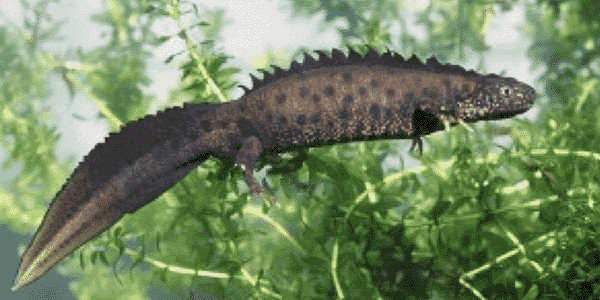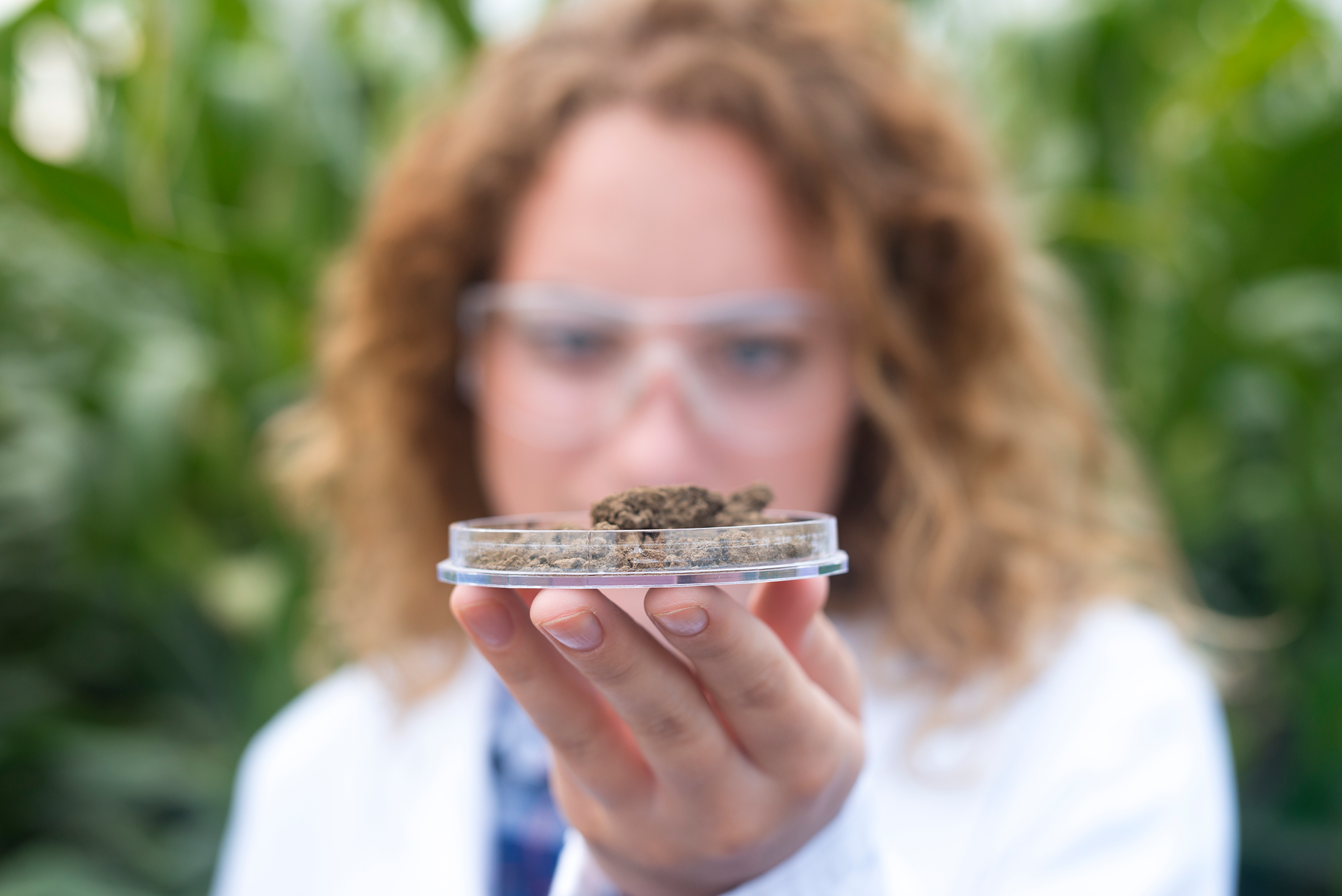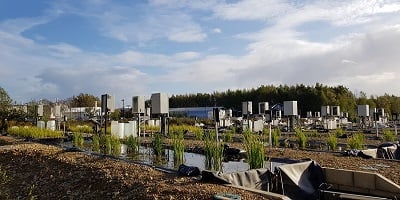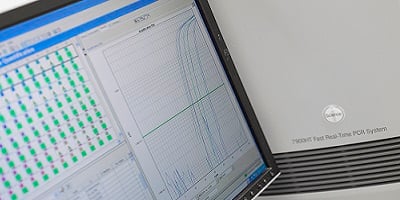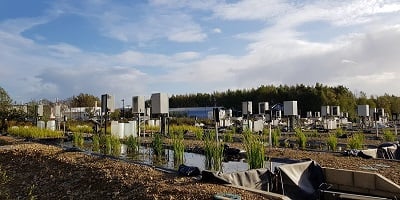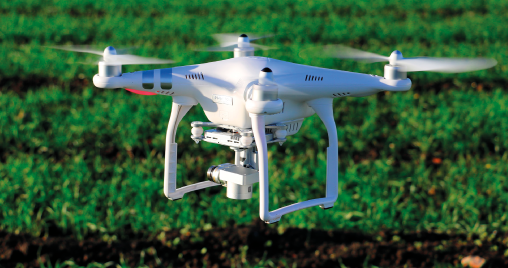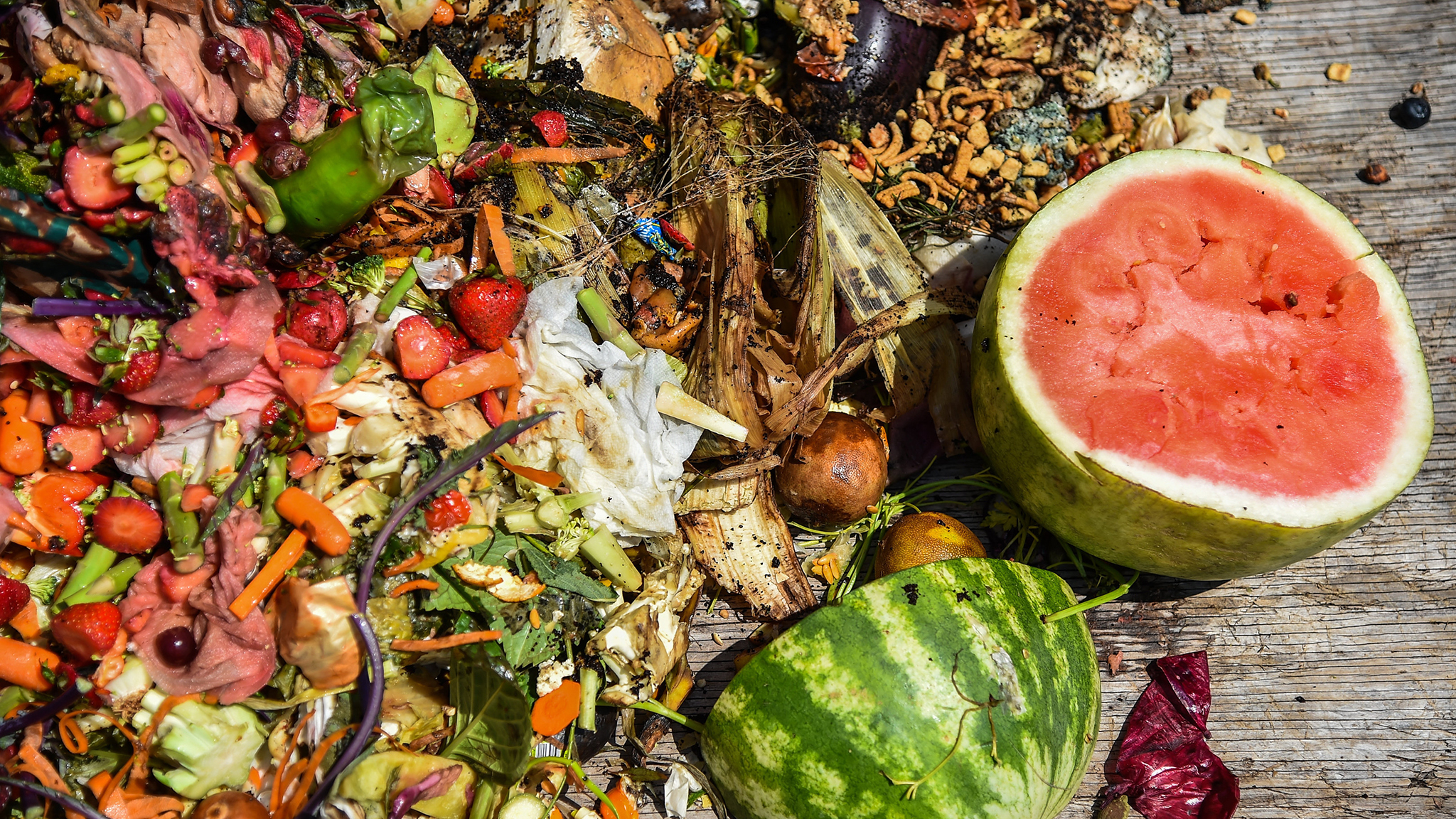Fera’s new insect research service and laboratory now available to help businesses improve their bottom line and sustainability credentials
Each year an estimated 1.2 billion tonnes of on-farm organic waste is generated globally that has to be dealt with, often at great expense to both business and the environment. To address mounting food waste, whether from on-farm agricultural and manufacturing residues or spoiled produce, innovative solutions are urgently needed, and businesses around the world are turning to insects.
Insects offer a sustainable way to reduce volumes of waste while creating new revenue streams. Insect bioconversion – where insects consume organic waste before they themselves become animal feed, biofertiliser, or a source of oil – is an important weapon in a business’ arsenal.
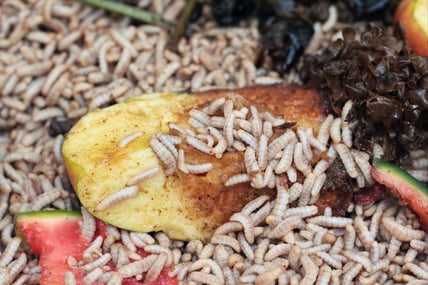
Fera Science Ltd (Fera) has established a £1-million insect research laboratory to help global businesses lever open the opportunities offered by insect bioconversion. In 2021, the European Union gave companies the green light to include insect-derived protein in pig and poultry feed, inclusion in aquaculture feed having been allowed since 2017. The UK, and other countries which already use insects for aquaculture, need to follow this trend. Businesses globally have been jostling to position themselves to take advantage of this sustainable and lucrative new growth area.
Experts estimate that, if produced at scale, raising insects for animal feed and other products could generate annual revenues approaching £1-billion in five years –– and that excludes the potential to export insect-derived products.
In 2018, the UK as an example produced almost 10-million tonnes of food waste, and urgent intervention is needed if it plans to meet its pledge to halve food waste by 2030. At the same time, organic waste is expensive as companies have to find sustainable ways to dispose of it. Landfills, in which organic matter breakdown and release greenhouse gases into the air, are also major culprits in contributing to climate change. Consumers increasingly expect companies to have sustainable practices and ensure that their operations do not contribute to damaging the environment.
The UK and many other countries currently rely heavily on imported protein for animal feed, such as soy and fish meal, which costs in the UK about £1.9 billion a year. A homegrown insect bioconversion industry has the potential to reduce companies’ carbon footprint, both in terms of the environmental degradation caused by soy production and fish harvesting, as well as the carbon footprint of transporting these products around the world.
Fera and its significant investment in the expert team and research facility will support businesses, from start-ups through to large corporations, on their insect-bioconversion journey. As an international centre of excellence in agricultural science, Fera can advise businesses on how to manage and reduce their organic waste, repurpose, and redistribute their resources, as well as offer assurance that their insect-derived products meet quality and safety standards –– and ultimately how to position themselves to take advantage of this new growth industry.
Find out how Fera can help reduce your waste side streams to improve your environmental footprint and supply chain sustainability with insect bioconversion solutions by visiting https://www.fera.co.uk/insect-bioconversion-reforming-the-food-system


